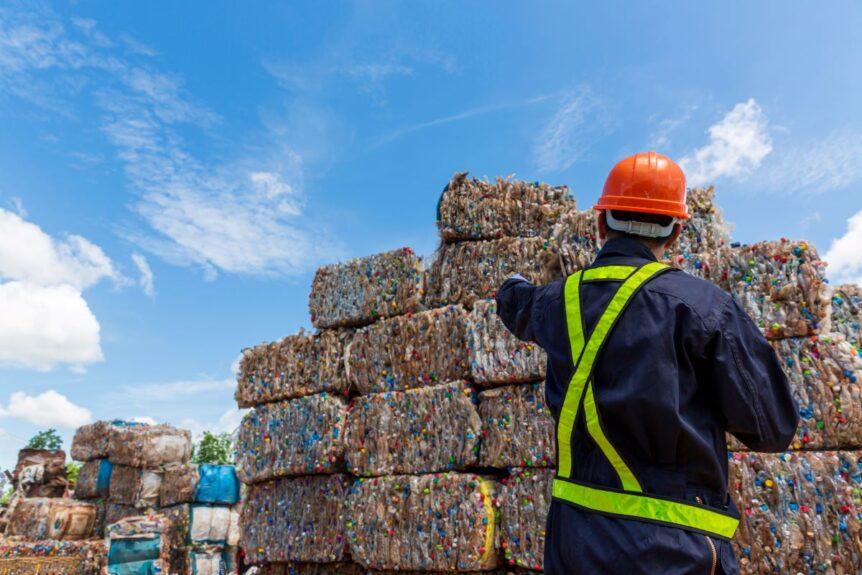Last month, my family of five, plus our dog and cat, decided to monitor our household waste for a week. We were horrified by what we discovered. Here are 30 astonishing stats that opened our eyes to our wasteful habits.
1. 80 Pounds of Trash
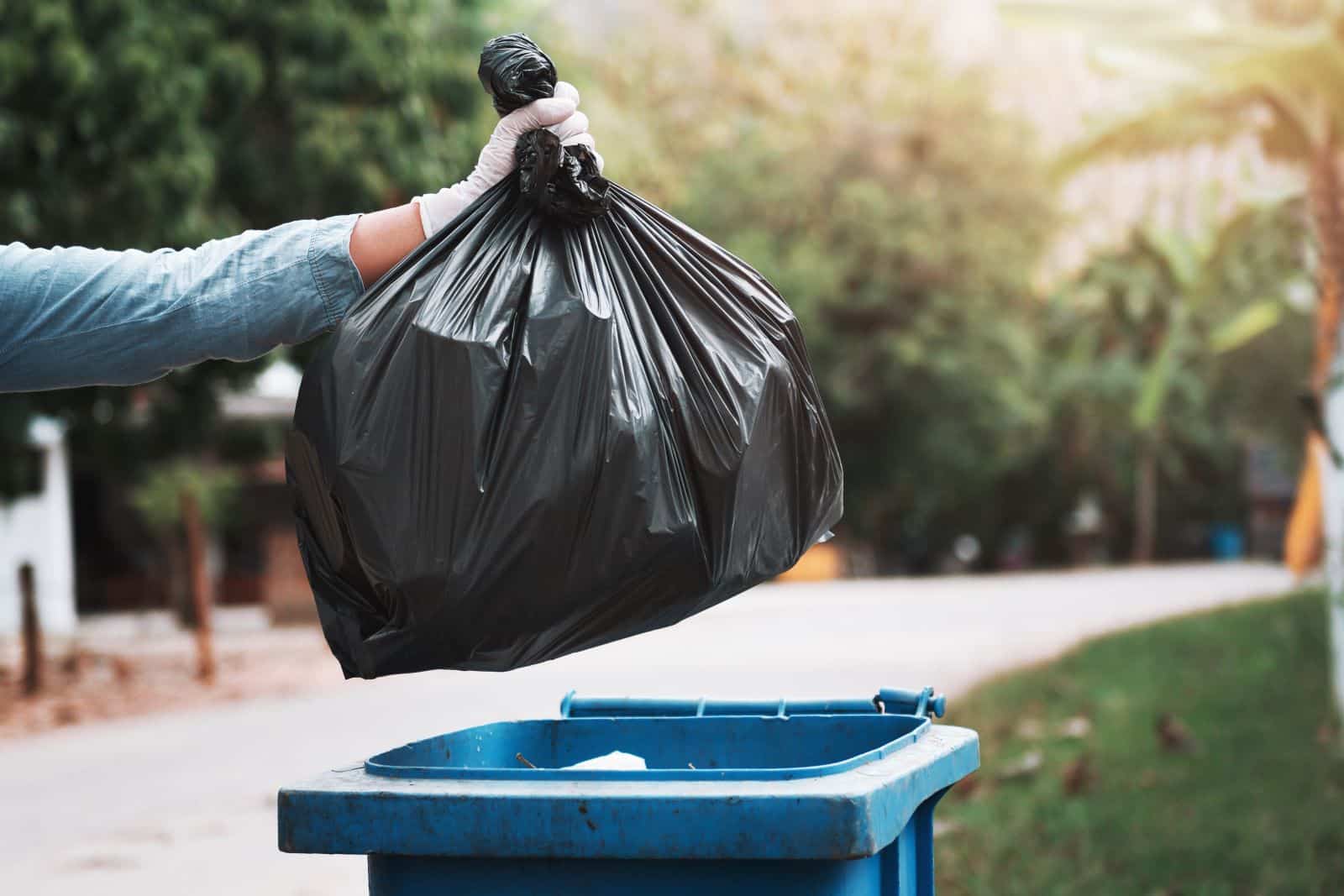
Image Credit: Shutterstock / lovelyday12
In just one week, we produced 80 pounds of trash. That’s more than 4,000 pounds a year! It was shocking to see how much we were throwing away without even realizing it.
2. 20 Pounds of Food Waste
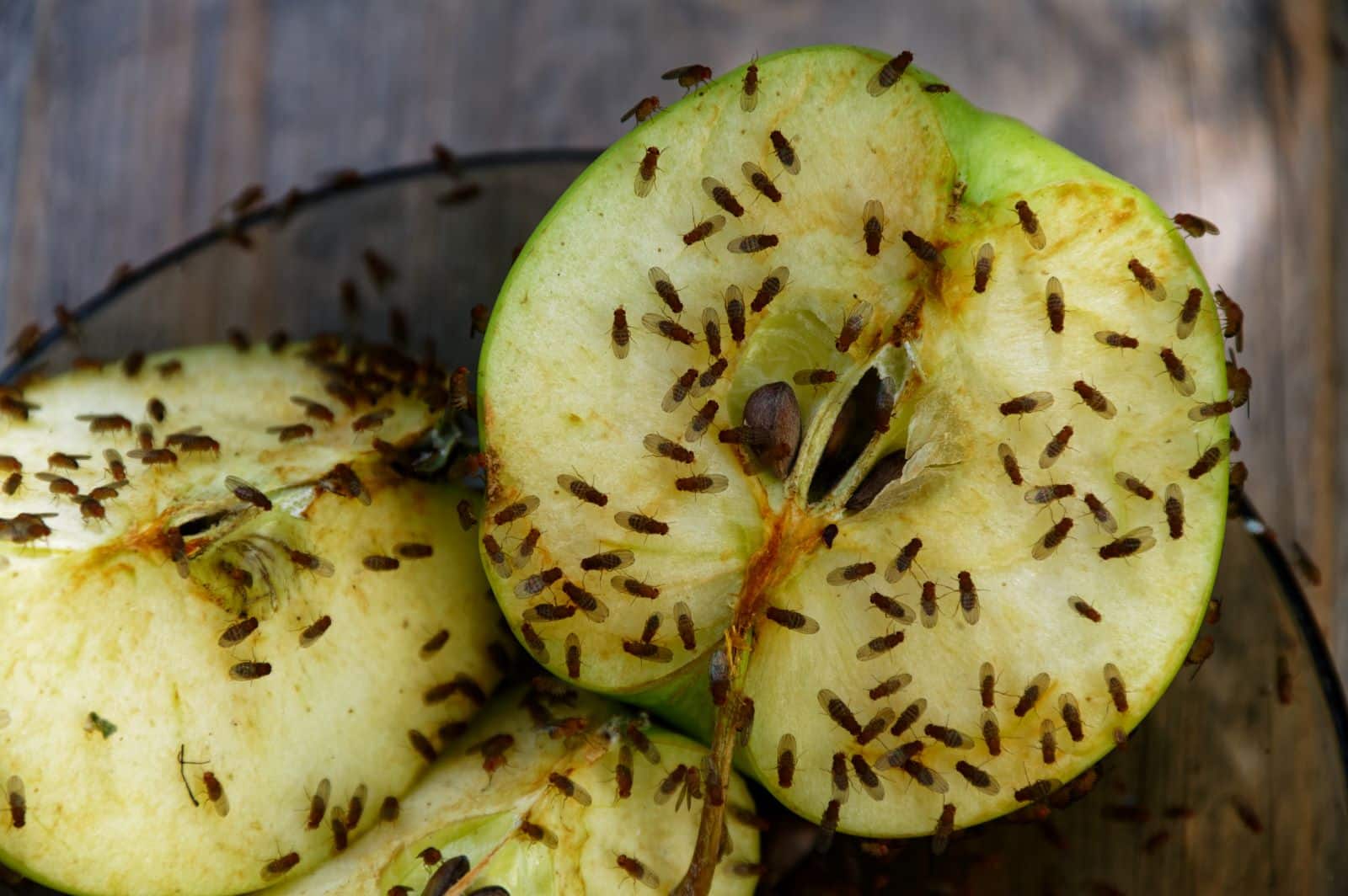
Image Credit: Shutterstock / Anne Webber
A staggering 20 pounds of that trash was food waste. Perfectly edible food, gone to waste. It made us rethink our grocery shopping and meal planning habits.
3. 50 Plastic Bottles
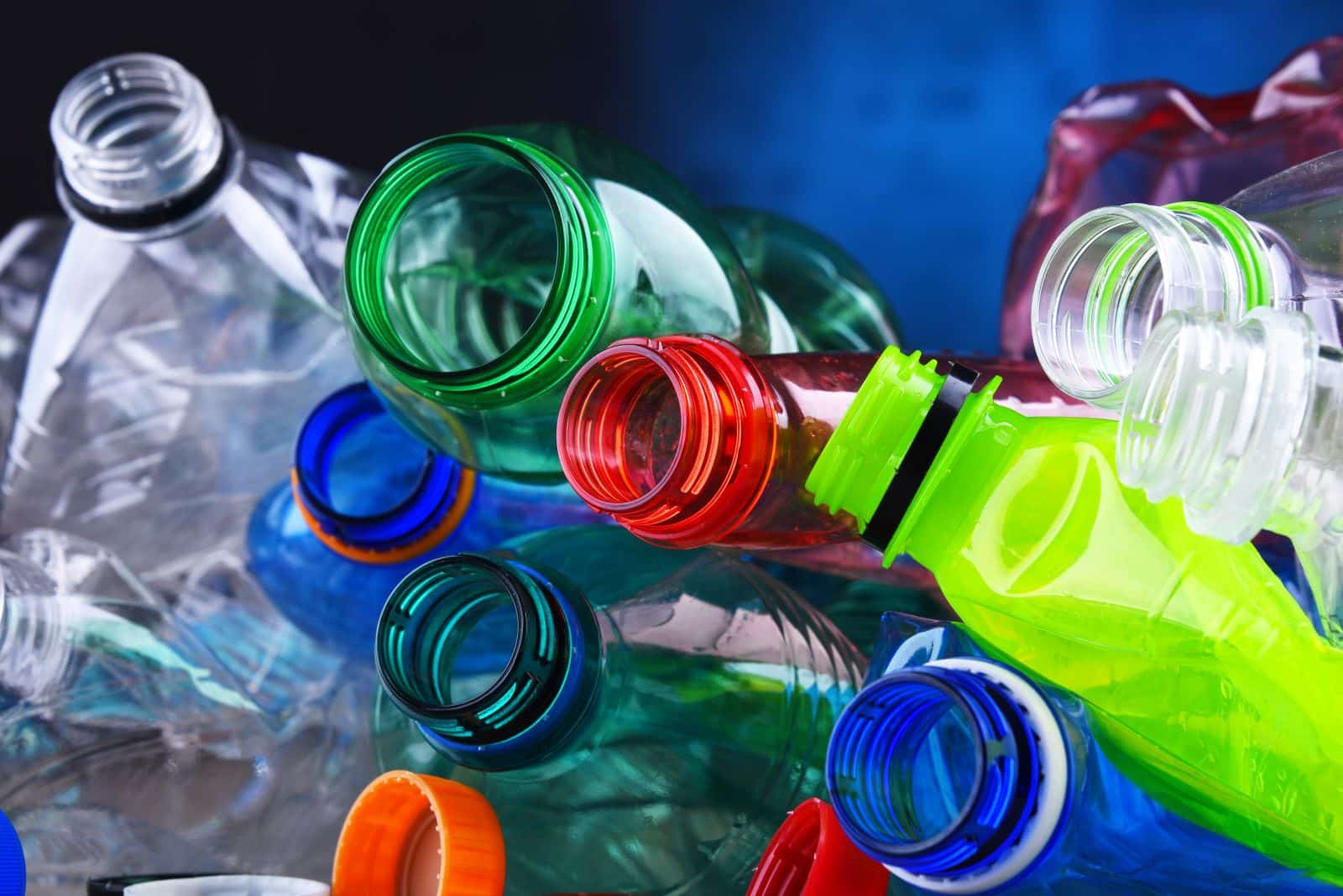
Image Credit: Shutterstock / monticello
We used and discarded 50 plastic bottles in a week. That’s over 2,500 bottles a year just from our family. It’s time to invest in reusable water bottles.
4. 30 Cans and Jars
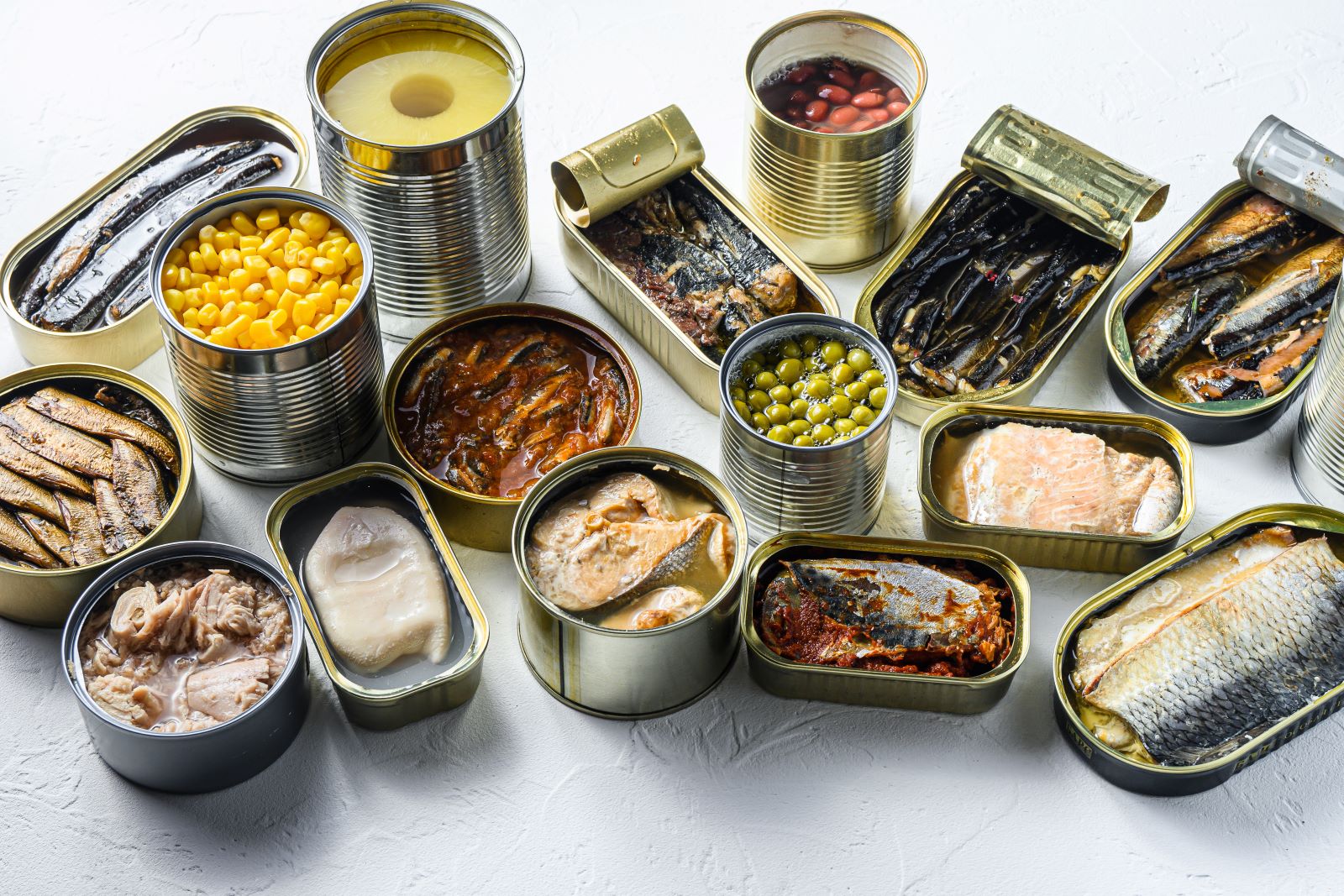
Image Credit: Shutterstock / Ilia Nesolenyi
We threw away 30 cans and jars. Why weren’t we recycling these? It’s a simple habit that could make a big difference.
5. 15 Diapers
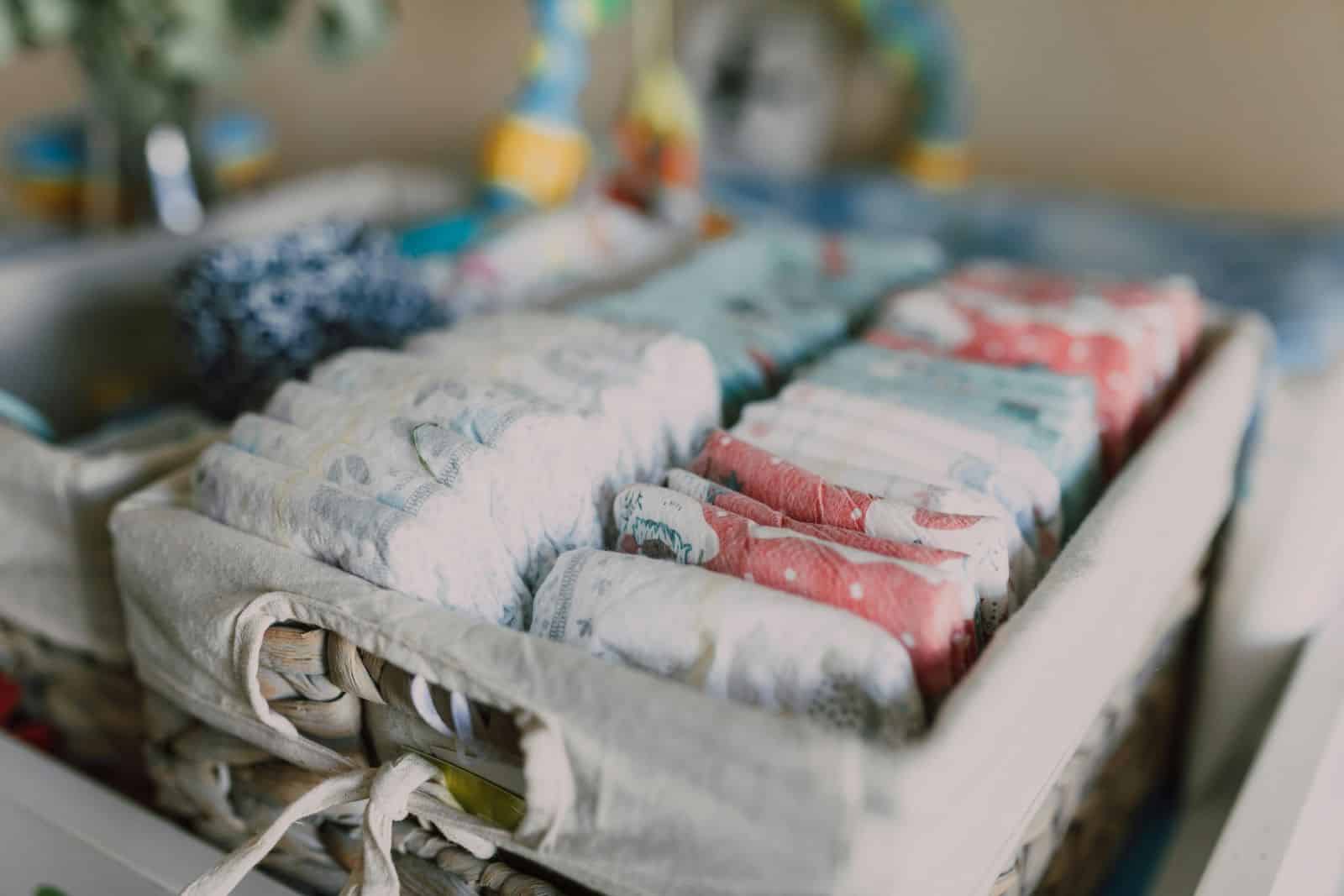
Image Credit: Pexels / RDNE Stock project
Our toddler uses 15 diapers a week just at night. That’s 780 diapers a year, which will take hundreds of years to decompose. We’re definitely exploring cloth diaper options now.
6. 5 Dog Poop Bags

Image Credit: Shutterstock / Dmussman
Our dog adds to the waste with 5 poop bags a week. Switching to biodegradable bags seems like an easy win for the environment.
7. 10 Pet Food Cans
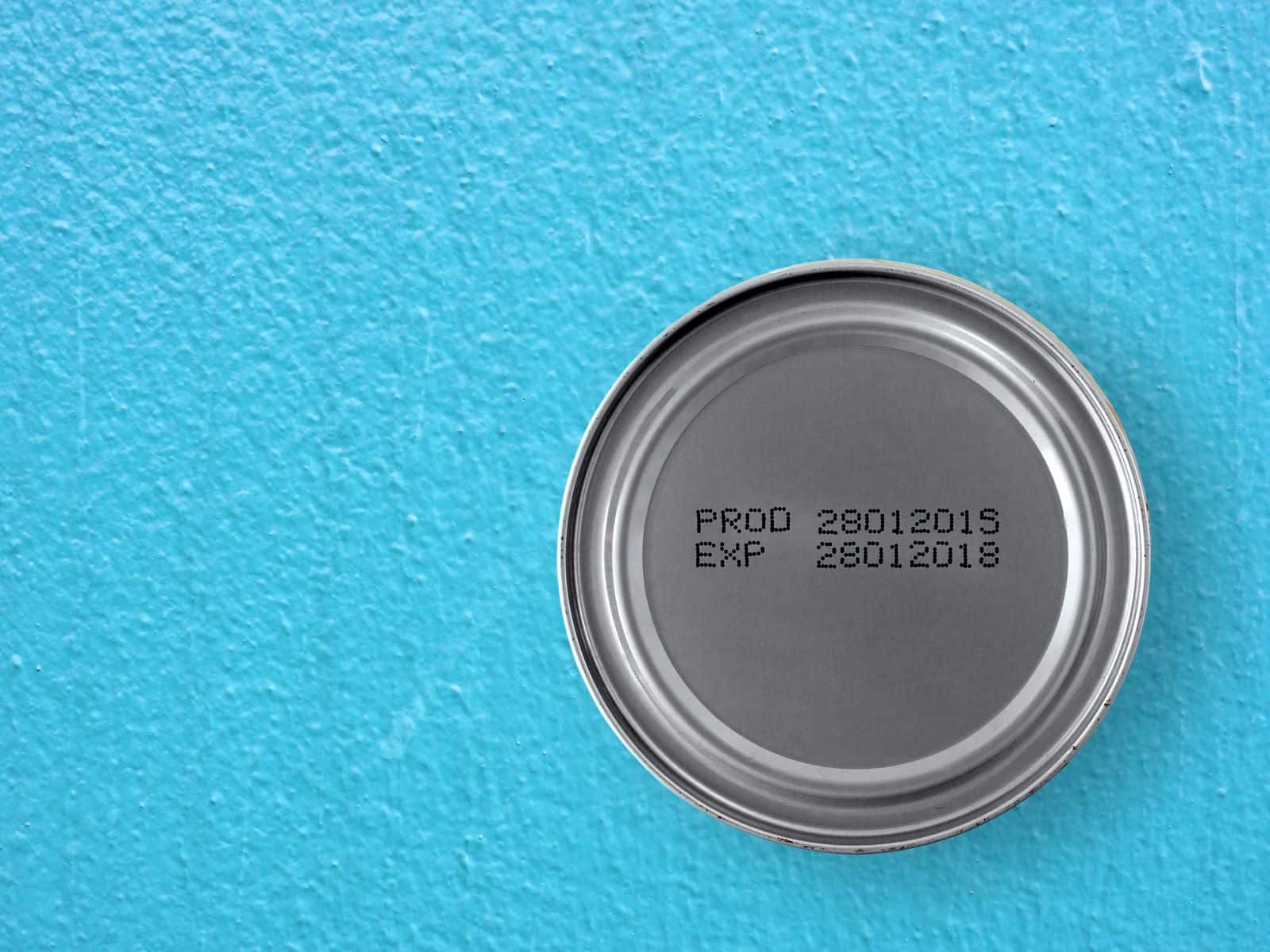
Image Credit: Shutterstock / andy0man
Our cat and dog’s food comes in 10 cans a week. That’s 520 cans a year that should be recycled, not trashed.
8. 25 Single-Use Coffee Pods

Image Credit: Pexels / Daniel Fontes
We went through 25 single-use coffee pods. It’s time to switch to a reusable filter. The convenience isn’t worth the environmental cost.
9. 7 Pounds of Paper Waste
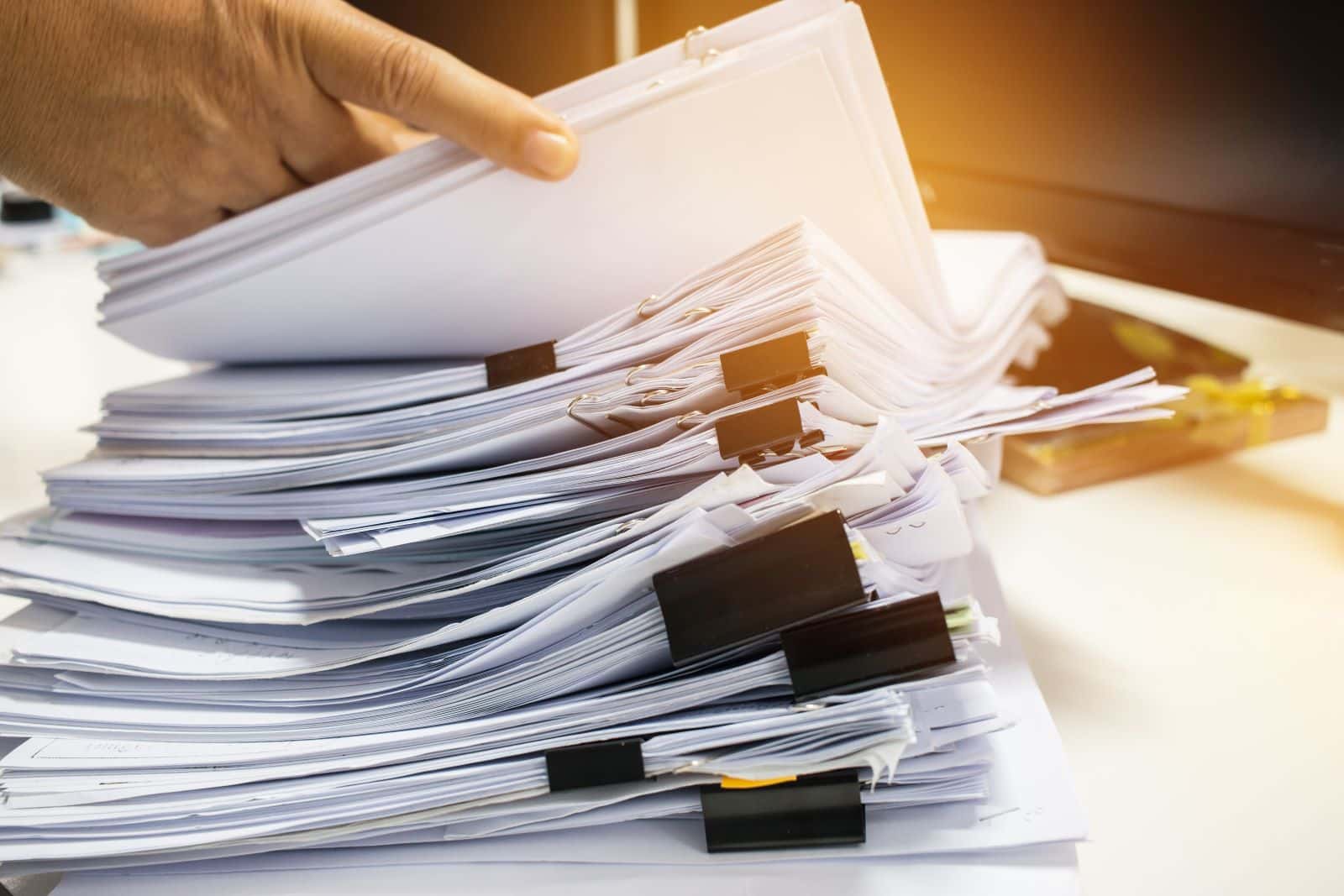
Image Credit: Shutterstock / smolaw
We generated 7 pounds of paper waste. We need to be better about recycling and maybe go digital where we can.
10. 60 Plastic Grocery Bags
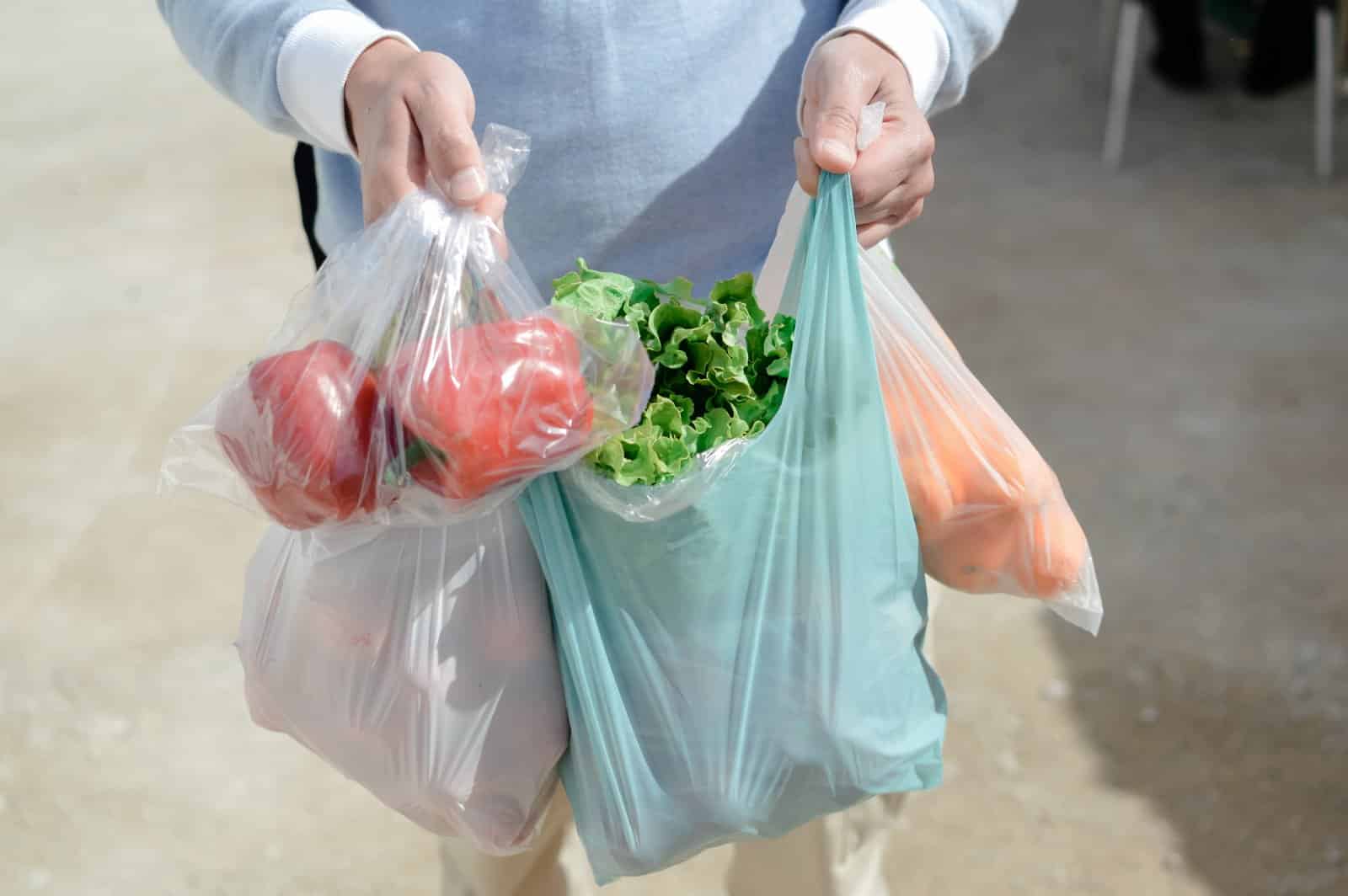
Image Credit: Shutterstock / ARIMAG
We collected 60 plastic grocery bags. Using reusable bags can eliminate this waste entirely. We have them; we just need to use them consistently.
11. Food Waste Crisis
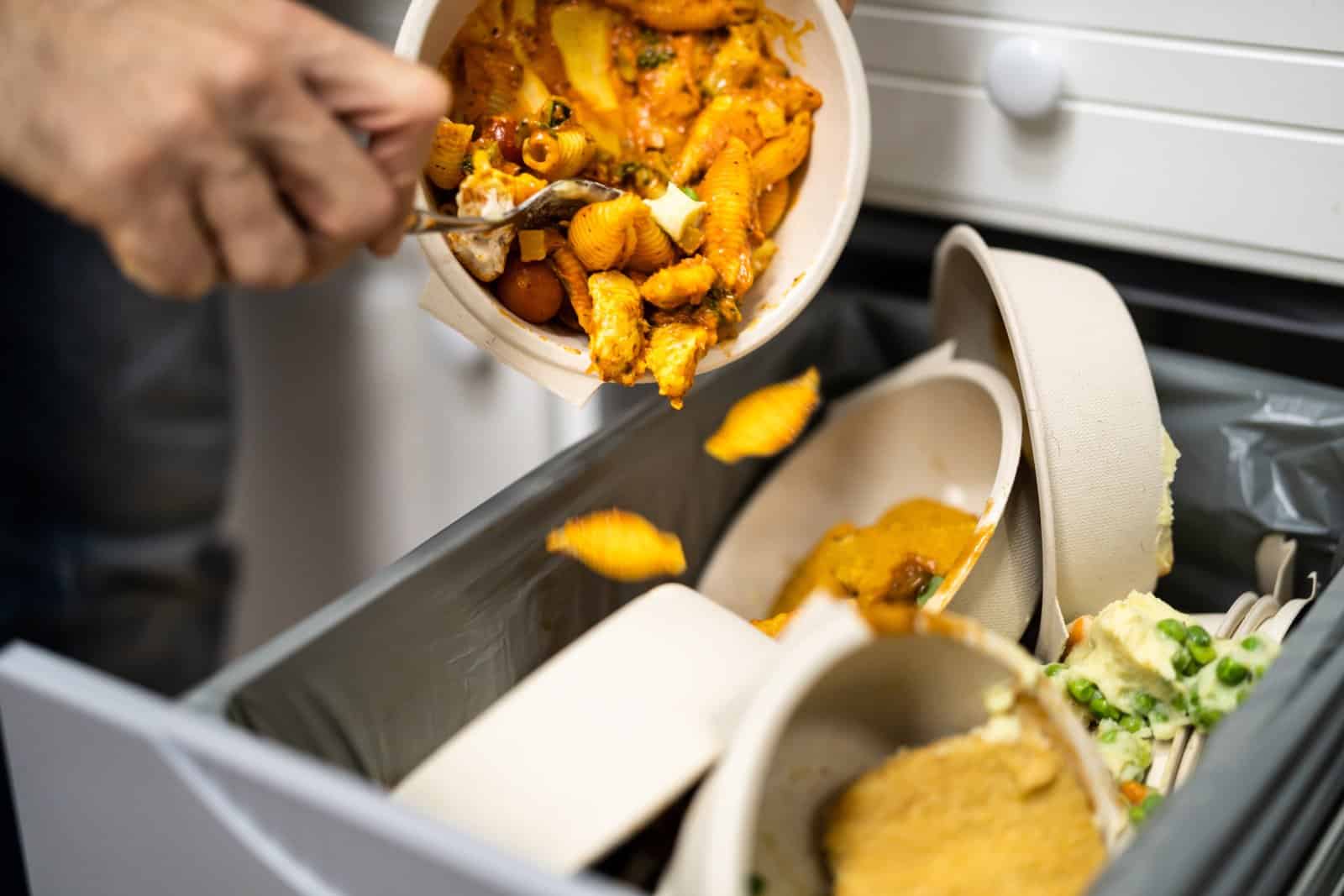
Image Credit: Shutterstock / Andrey_Popov
Did you know that the average American family throws away around $1,500 worth of food each year? That’s money we could be saving by meal planning better.
12. Recycling Cans
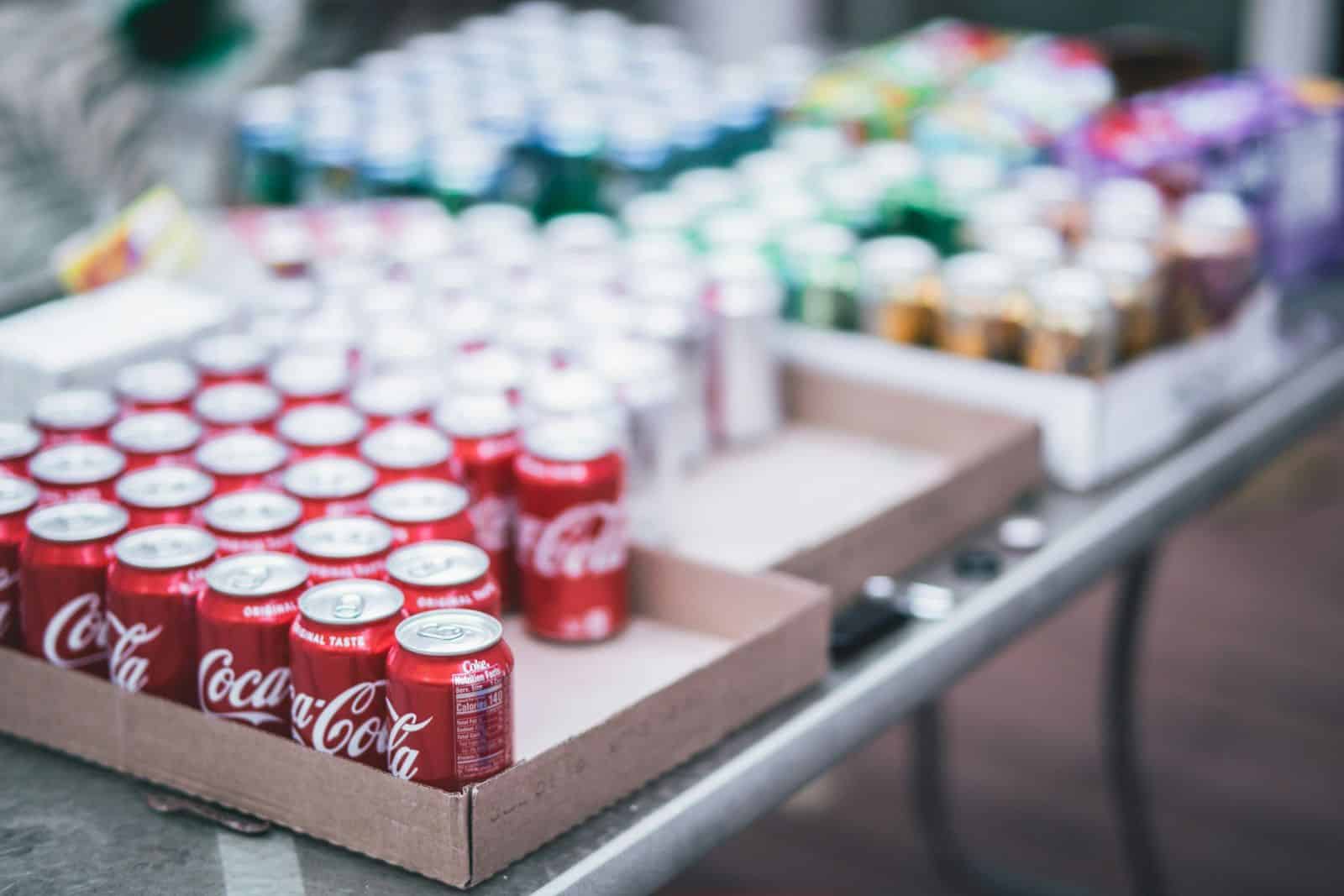
Image Credit: Pexels / Craig Adderley
Recycling one aluminum can saves enough energy to run a TV for three hours. Imagine the impact if we recycled all our cans.
13. Diaper Dilemma

Image Credit: Pexels / Oksana Kuzmina
Disposable diapers are a major contributor to landfill waste. Cloth diapers, while initially more work, are much more sustainable and cost-effective in the long run.
14. Plastic Pollution
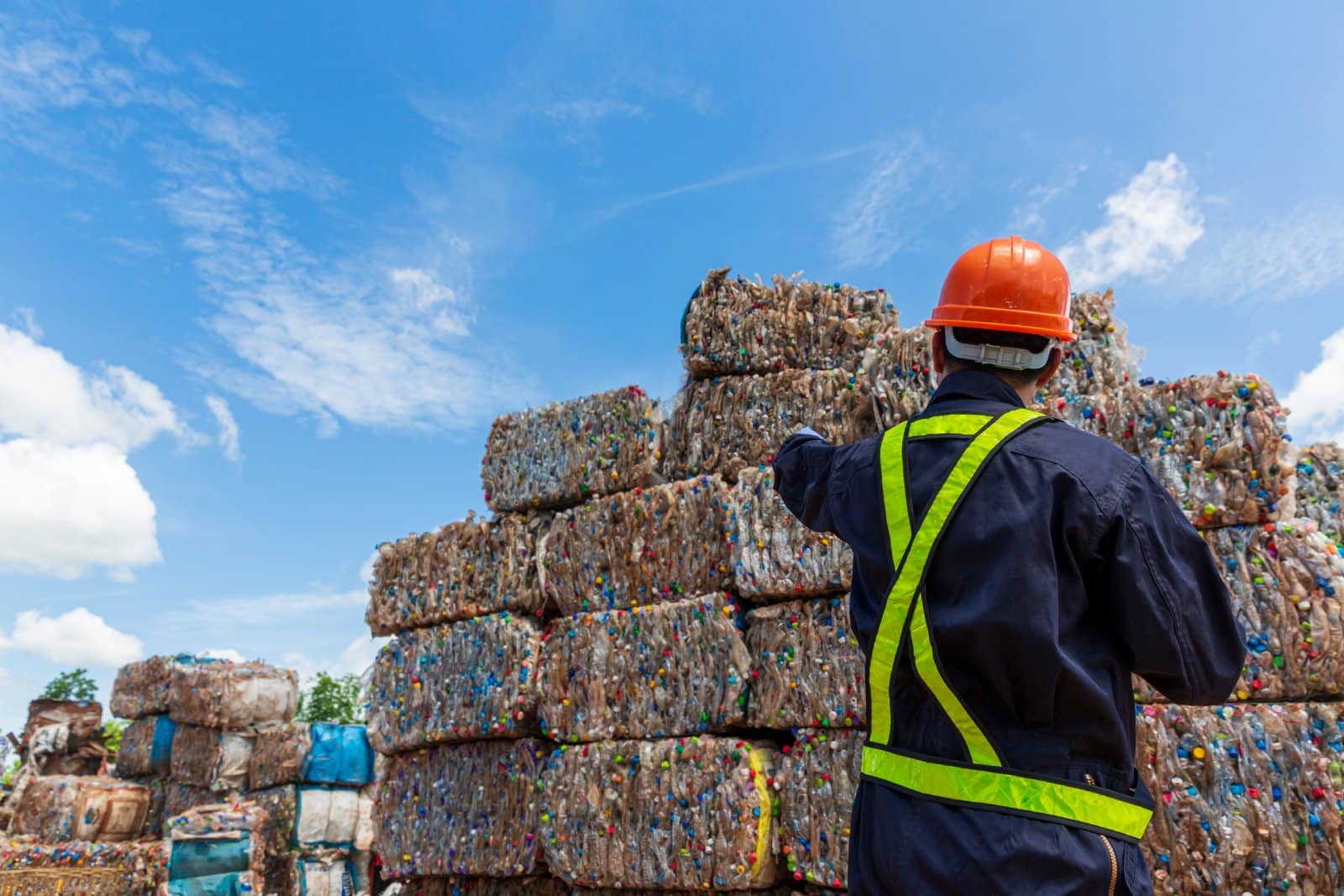
Image Credit: Shutterstock / thirawatana phaisalratana
Plastic bottles take up to 450 years to decompose. Switching to reusable bottles drastically reduces this environmental burden.
15. Paper Waste Facts
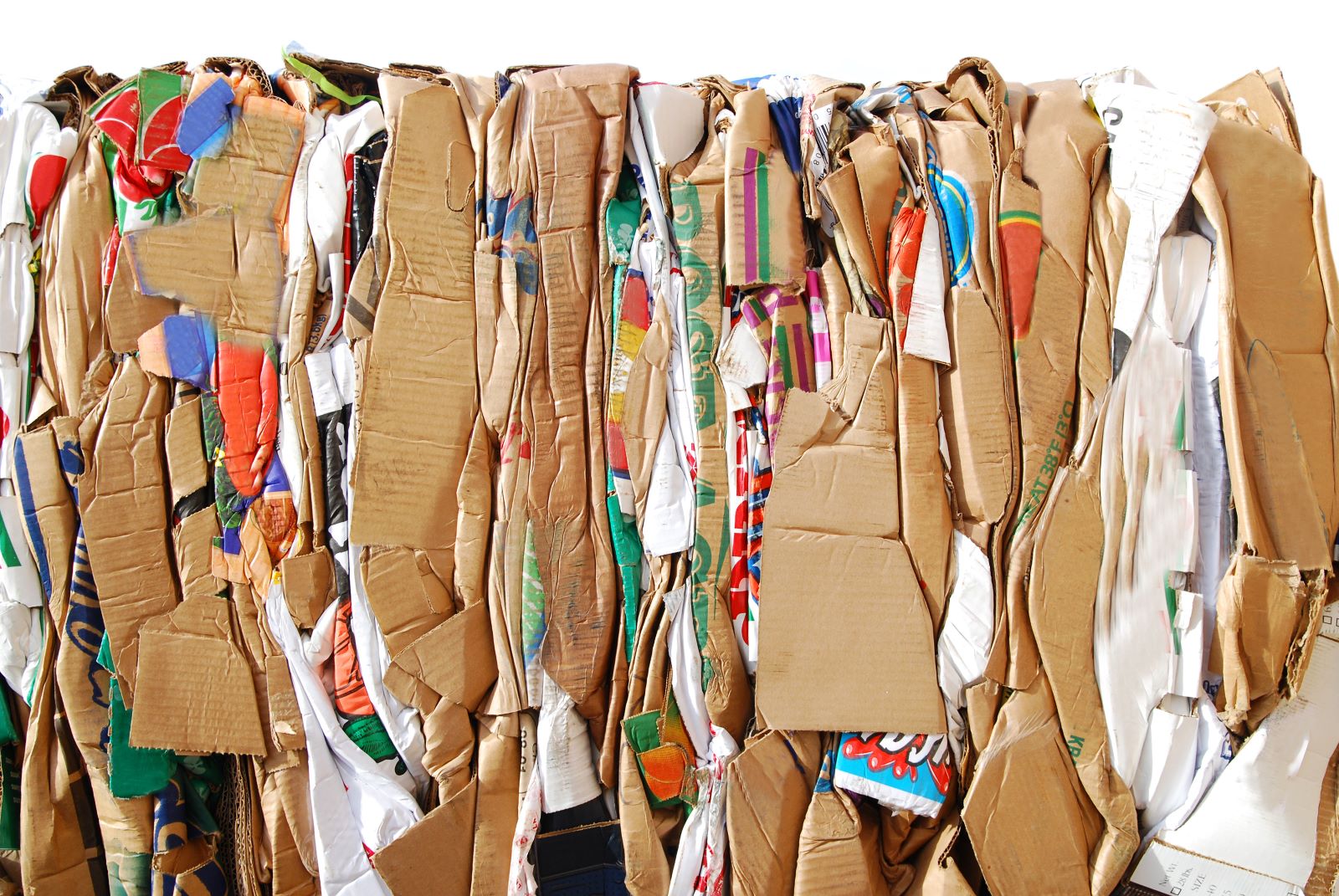
Image Credit: Shutterstock / Quang Ho
Paper accounts for 25% of landfill waste and 33% of municipal waste. Recycling and going digital can significantly cut this down.
16. Pet Waste Solutions

Image Credit: Pexels / George Chambers
Using biodegradable poop bags for our pets can greatly reduce the environmental impact. It’s a small change with a big impact.
17. E-Waste Awareness
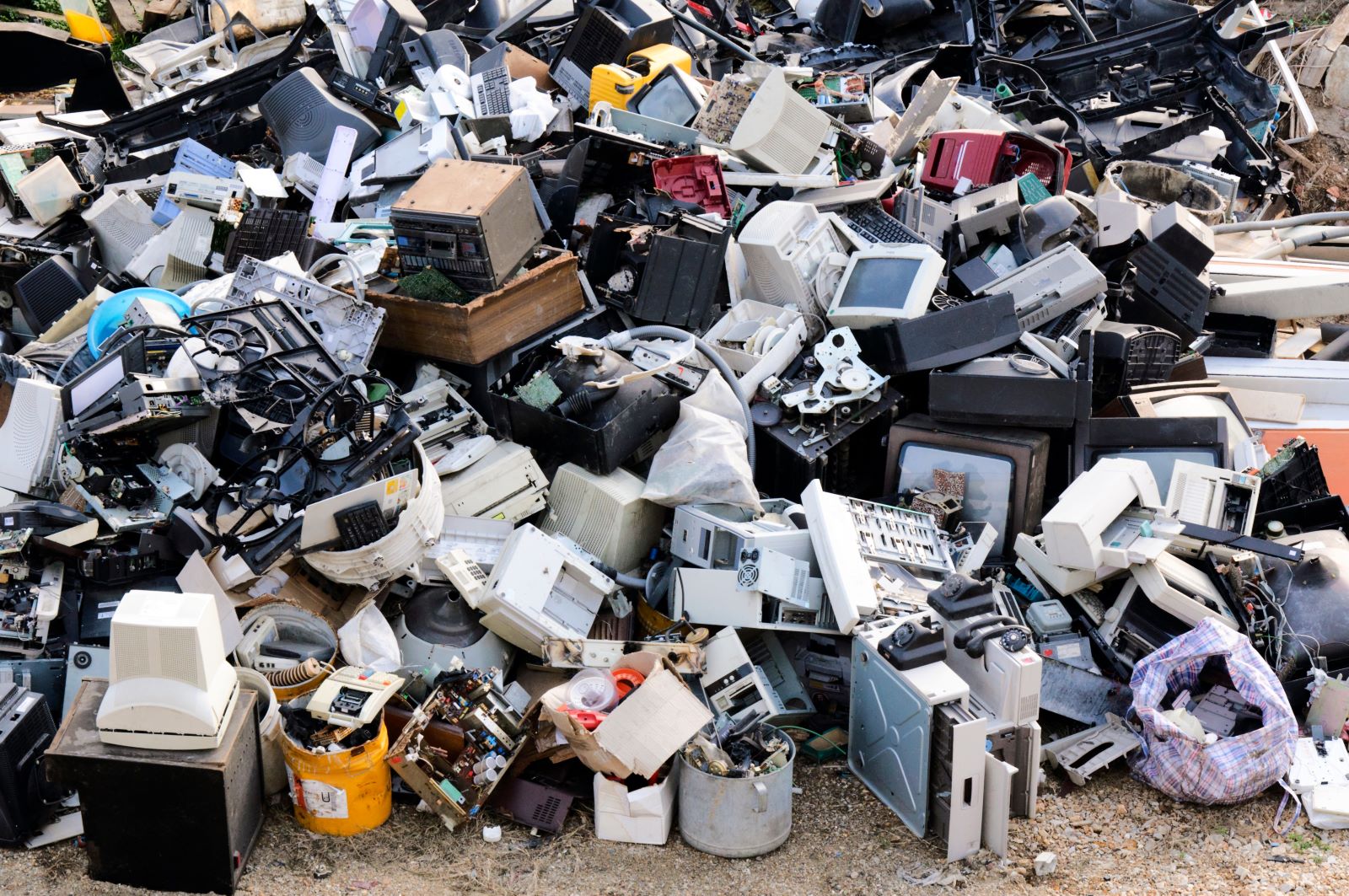
Image Credit: Shutterstock / ltummy
E-waste contains toxic materials that are harmful to the environment. Proper disposal and recycling of electronics are crucial.
18. Composting Benefits
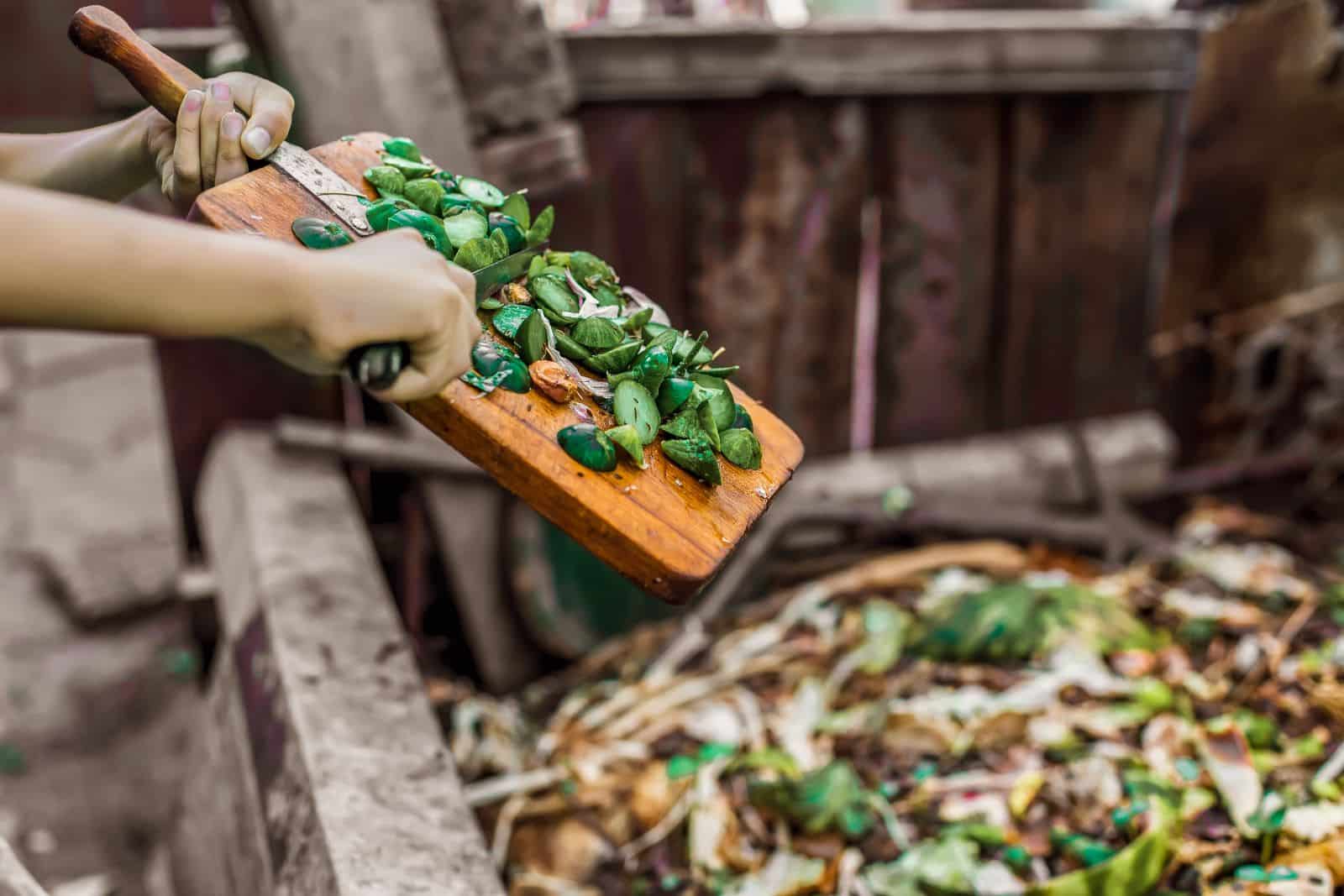
Image Credit: Shutterstock / lomiso
Composting organic waste can reduce your trash output by up to 30%. Plus, it creates nutrient-rich soil for your garden.
19. Textile Recycling

Image Credit: Shutterstock / Stock-Asso
Did you know you can recycle textiles? Donating or recycling old clothes keeps them out of landfills and gives them a second life.
20. Junk Mail Reduction
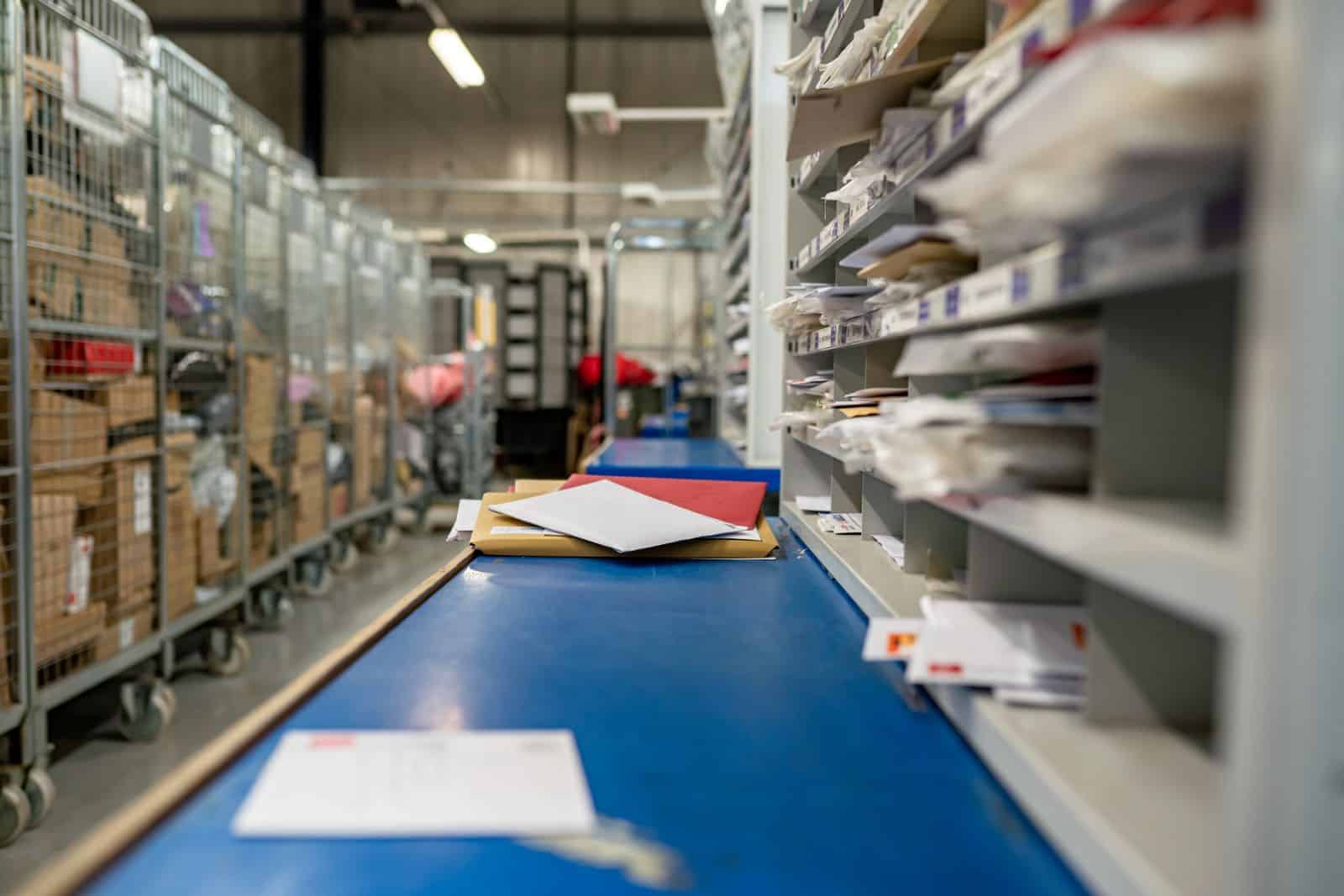
Image Credit: Shutterstock / salarko
Opting out of junk mail can reduce waste and clutter. There are services that help you remove your address from mailing lists.
21. Energy Savings

Image Credit: Shutterstock / Photodiem
Recycling saves energy. For example, recycling one glass bottle saves enough energy to light a 100-watt bulb for four hours.
22. Bulk Buying Benefits
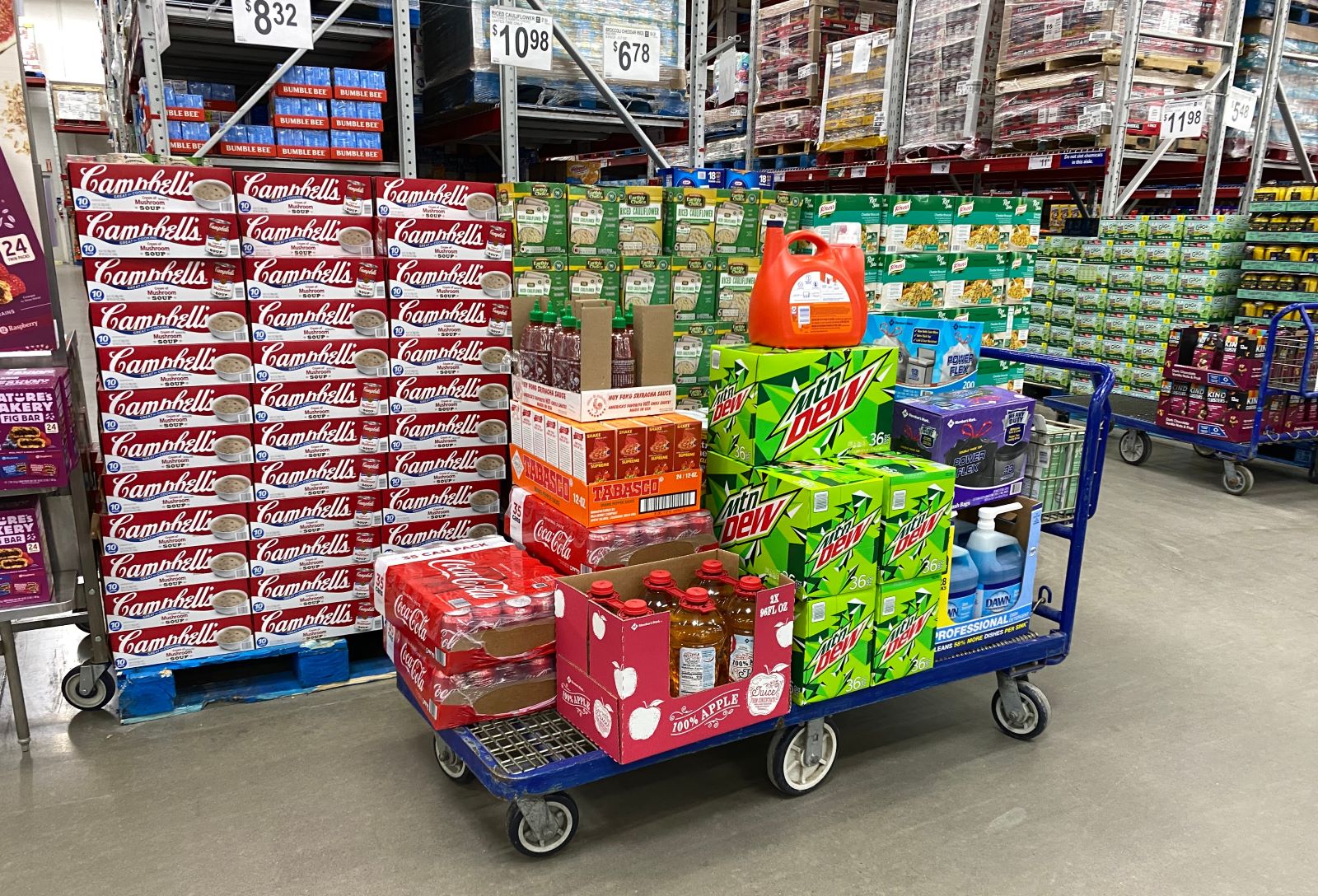
Image Credit: Shutterstock / melissamn
Buying in bulk reduces packaging waste. It’s also often cheaper, saving you money in the long run.
23. Reusable Kitchenware

Image Credit: Shutterstock / Karynav
Switching to reusable kitchenware, like silicone food storage bags and beeswax wraps, can significantly reduce plastic waste.
24. Fast Food Impact
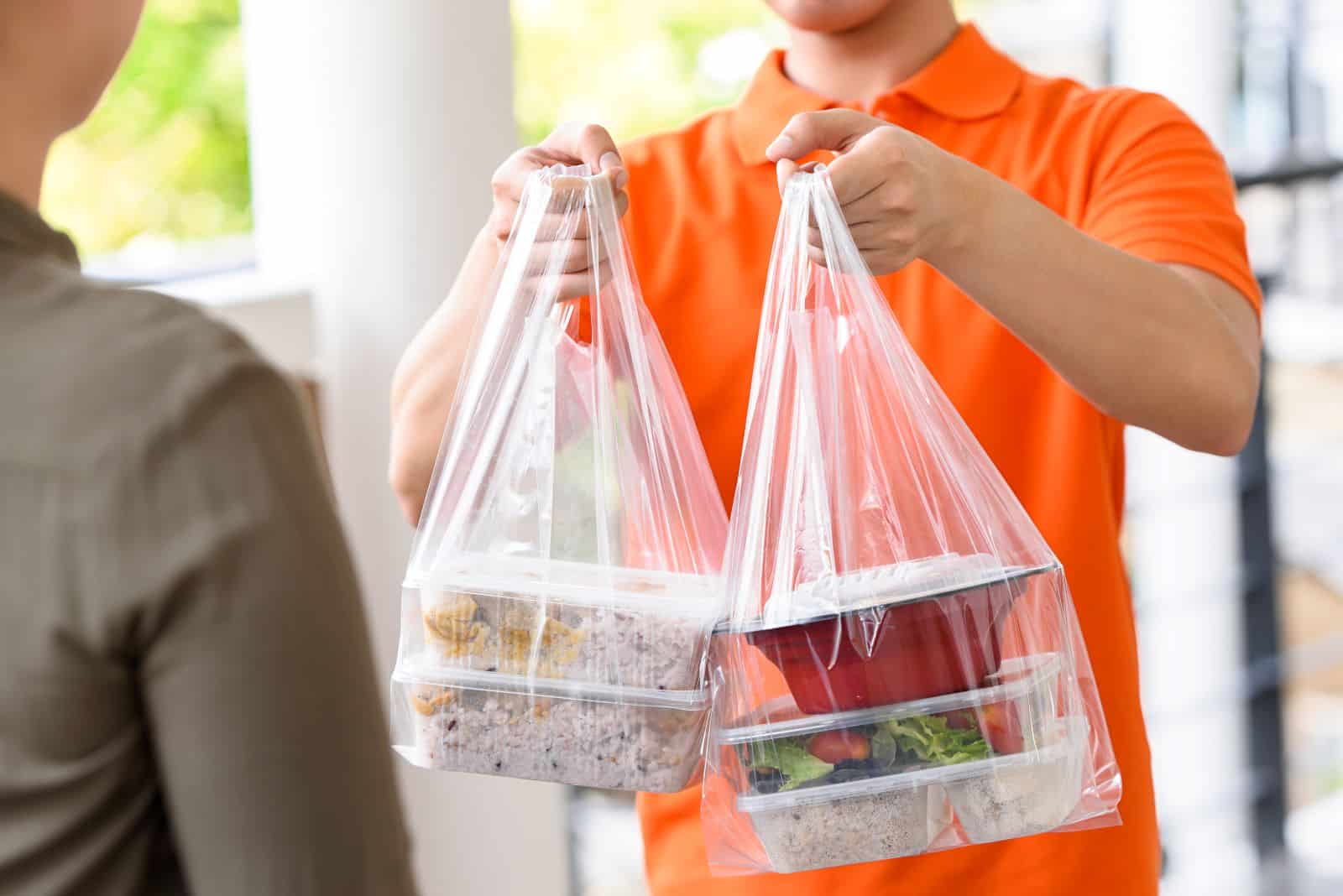
Image Credit: Shutterstock / Atstock Productions
Fast food containers are a significant source of waste. Cooking at home not only reduces waste but is healthier and often cheaper.
25. Toy Waste
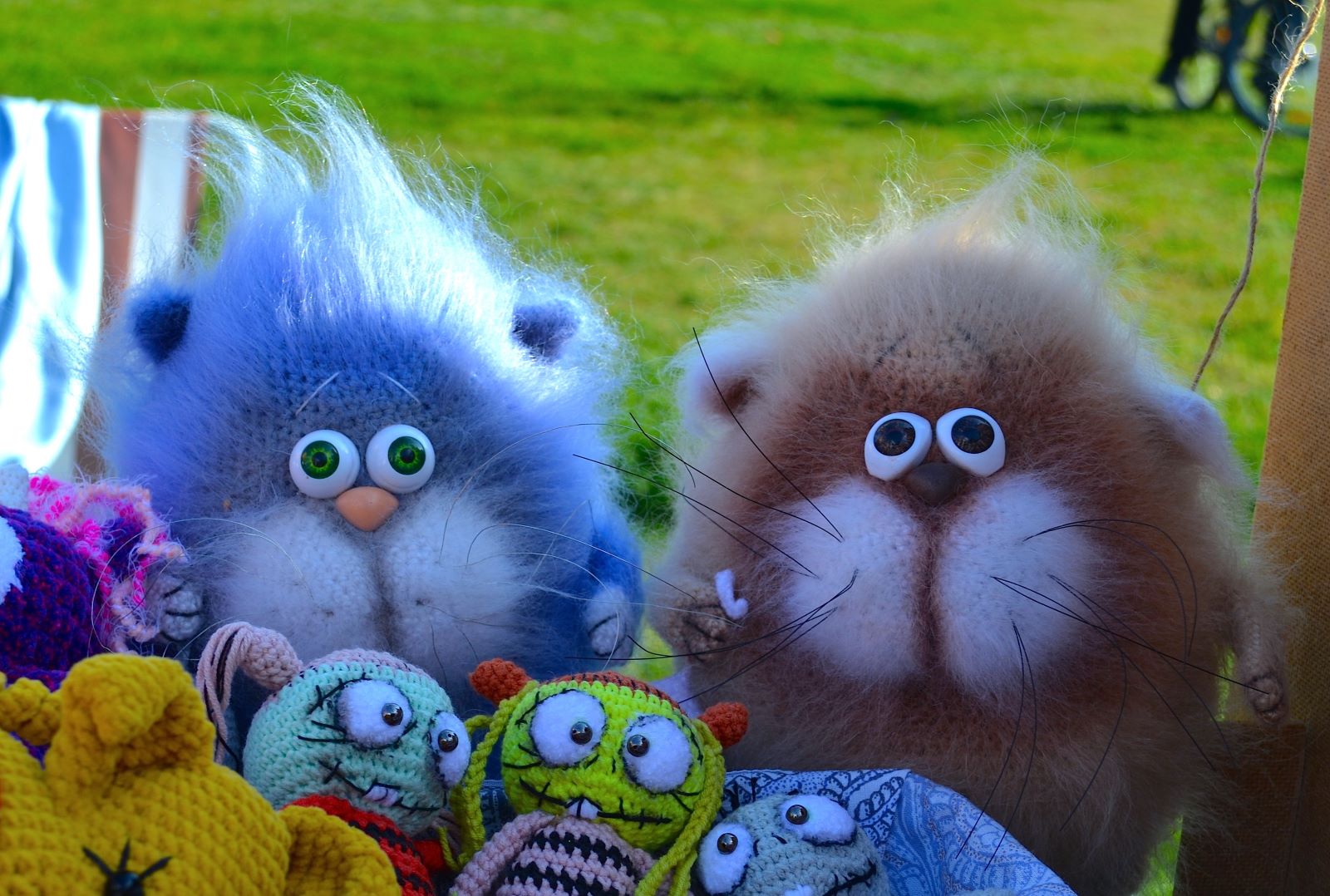
Image Credit: Shutterstock / Valiya
Broken toys add to plastic waste. Repairing or donating toys instead of discarding them can reduce this significantly.
26. Digital Subscriptions

Image Credit: Shutterstock / Bohbeh
Switching to digital subscriptions for magazines and newspapers can reduce paper waste and clutter in your home.
27. Recyclable Light Bulbs
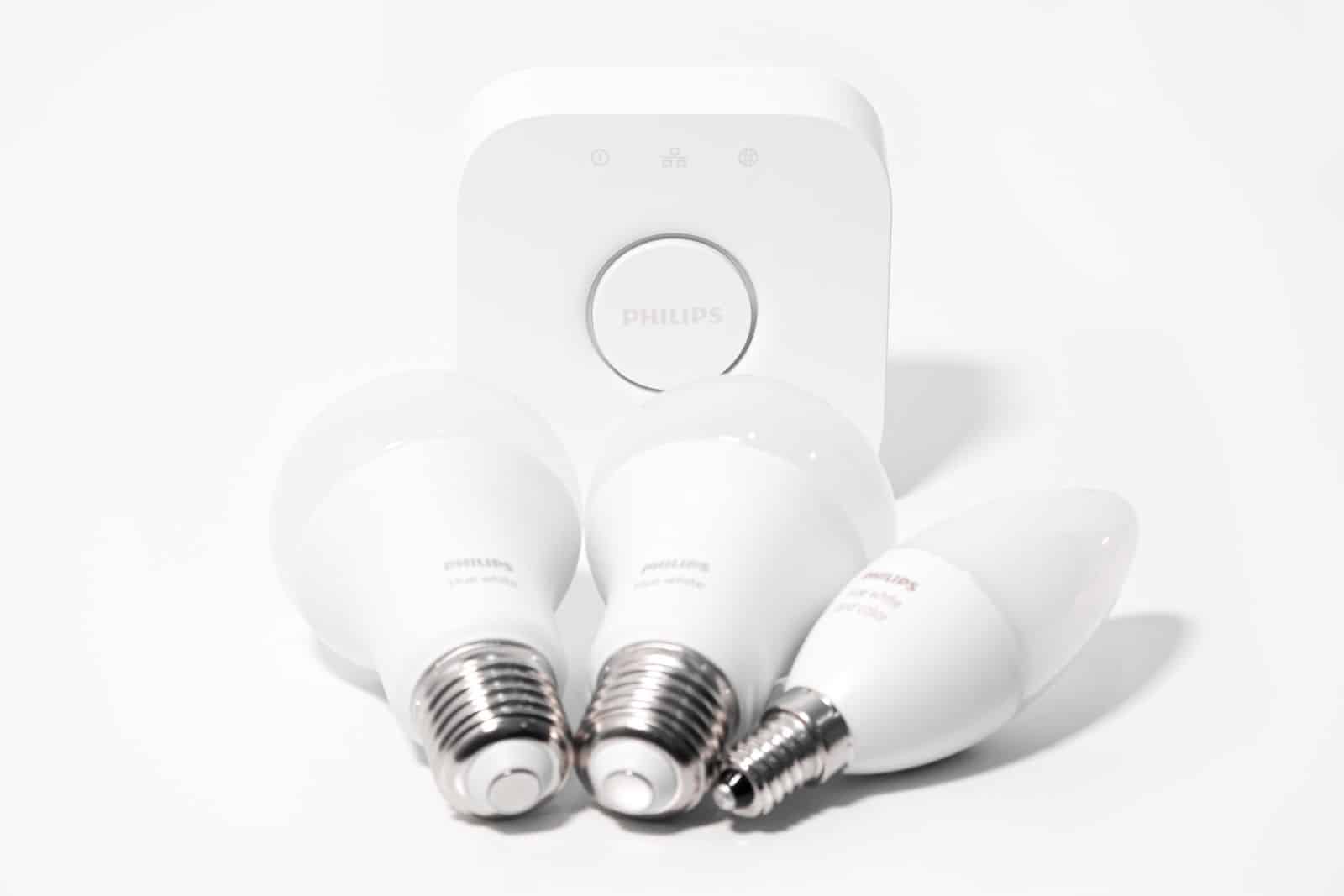
Image Credit: Shutterstock / Barry Paterson
Recycling light bulbs prevents harmful chemicals from entering the landfill. It’s a simple but important step.
28. Eco-Friendly Clothing
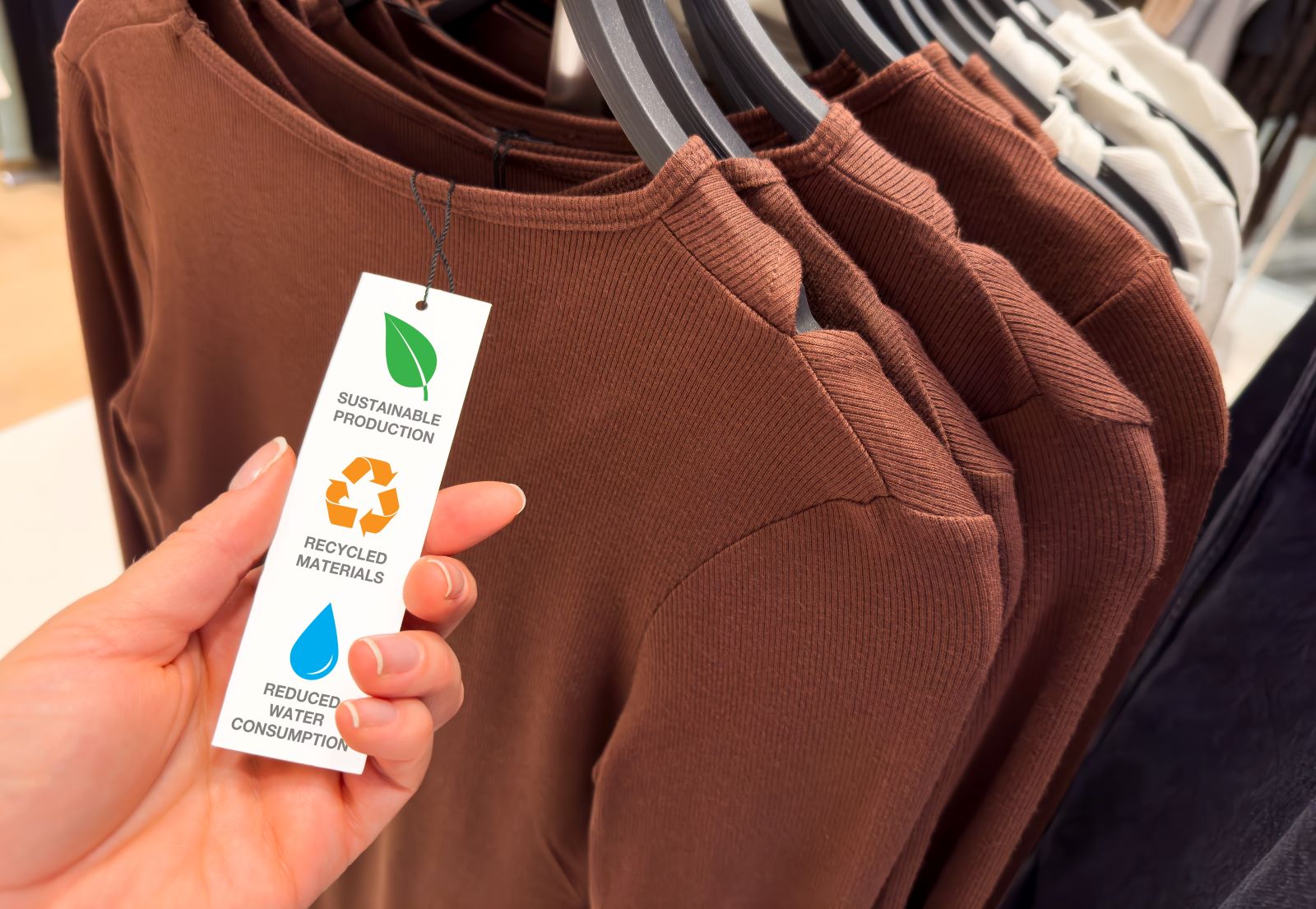
Image Credit: Shutterstock / Kaspars Grinvalds
Brands like Patagonia and Everlane offer sustainable clothing options. Investing in quality, eco-friendly pieces can reduce your overall waste.
29. Water Waste

Image Credit: Shutterstock / Anja Ivanovic
Using a reusable water bottle can save an average of 156 plastic bottles per person annually. It’s a small habit change with a big impact.
30. Household Waste Awareness
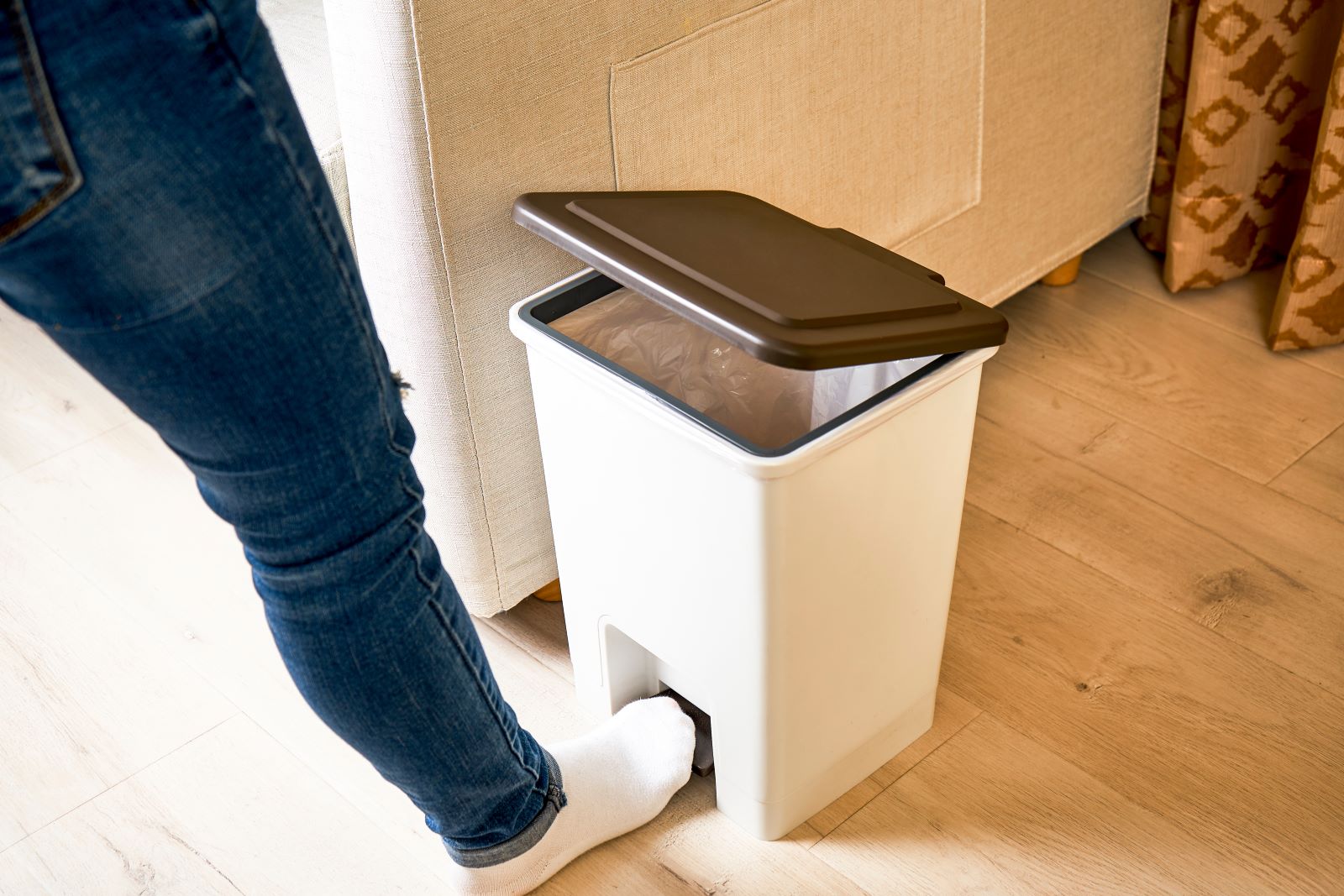
Image Credit: Shutterstock / Jenson
Tracking our waste made us more aware of our consumption habits. We’re now committed to making more sustainable choices every day.
Track Your Trash!
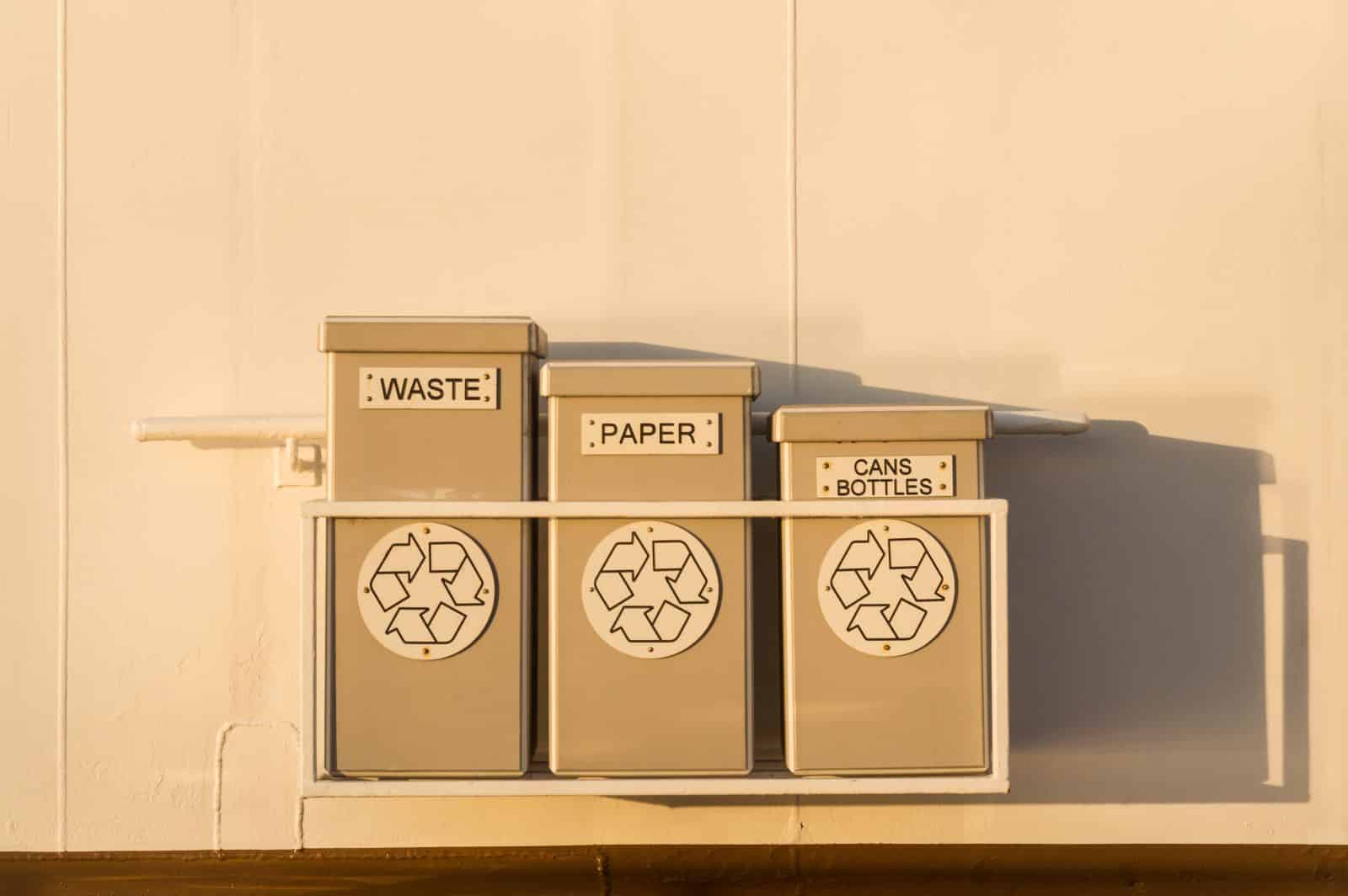
Image Credit: Shutterstock / illuminaphoto
Tracking our waste was a real eye-opener. It’s clear that even small changes can make a big difference. Are you ready to reduce your household waste?
Featured Image Credit: Shutterstock / thirawatana phaisalratana.
For transparency, this content was partly developed with AI assistance and carefully curated by an experienced editor to be informative and ensure accuracy.

